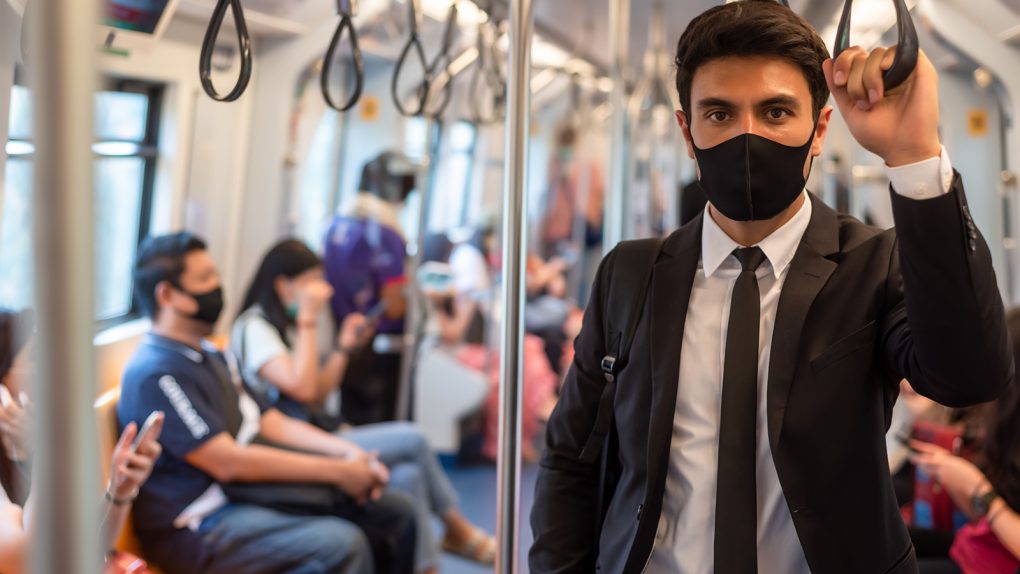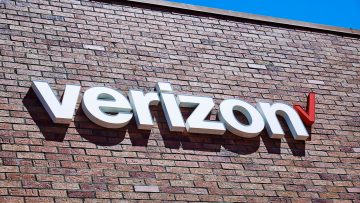- More cases of coronavirus reinfection keep coming up, with Nevada researchers having just documented what might be the first American patient to be infected by two different strains of SARS-CoV-2.
- A coronavirus survivor was reinfected with COVID-19 just 48 days after his first bout.
- The 25-year-old man who was reinfected exhibited worse symptoms than he did the first time and had to be admitted to the hospital for oxygen therapy.
- The case contrasts the experience of a Hong Kong patient who was reinfected more than 140 days after a first encounter with the virus, and he showed no symptoms in the second time around.
A series of reports a few months ago said that some COVID-19 patients who recovered from the infection tested positive again for the novel coronavirus. Countries including China, Japan, Italy, and Korea were among the first to notice these “reinfections.” But officials who handled those cases concluded these were not true reinfections. Research from Korea’s CDC provided the best answer to date on a large number of COVID-19 relapses. These patients were not infectious and they were not reinfected. They just had traces of the virus in their systems. Separately, researchers found that clearing the SARS-CoV-2 is just the first step towards a full recovery. Some patients will experience weeks or months of COVID-19 symptoms without being reinfected with the virus.
All of that changed abruptly this past week. In a matter of days, we found out that COVID-19 immunity is indeed short-lived in at least some people. The first case of true COVID-19 reinfection was documented in Hong Kong, and health officials from Belgium and the Netherlands said they’ve also discovered true reinfections. Then, researchers from the University of Nevada published their findings detailing what appears to be the first case of an American COVID-19 patient who was infected a second time around. And unfortunately, the Nevada reinfection appears to be the worst one yet.
The Honk Kong researchers found that the second COVID-19 reinfection was asymptomatic for a 33-year-old man who returned from Spain in August with an unexpected souvenir. He had contracted the European mutation of COVID-19 and tested positive upon his return to China. Geneticists from Hong Kong proved that a new strain caused the second infection by comparing it to data from mid-March when he was first infected. Blood tests further showed the body was quietly fighting off another attack, and the immune system was busy mass-producing antibodies in response to the European strain of the virus. Researchers said they could not prove whether the patient had antibodies after the first bout with the illness. But the case seemed to indicate that a second infection could be milder than the first case. The Hong Kong paper did warn there’s no guarantee all reinfections will be mild.
There aren’t similar studies from Belgium and the Netherlands to detail the exact course of the second COVID-19 case. But the scientists from the University of Nevada documented their case of COVID-19 reinfection in great detail, publishing the paper in preprint with The Lancet, providing a contrasting story to the Hong Kong case.
A 25-year-old man was infected in April, displaying a sore throat, coughing, headache, nausea, and diarrhea. He tested negative twice around April 27th, as he got better. On May 31st, he got another set of COVID-like symptoms, including fever, headache, dizziness, cough, nausea, and diarrhea. Five days later, he ended up in the hospital and required oxygen support. He tested positive for COVID-19 again, and the researchers confirmed it was a different coronavirus strain at work the second time around.
This reinfection occurred just 48 days after the first case, compared to over 140 days for the Hong Kong case. This proves that COVID-19 immunity might be even shorter for some patients than the theoretical expectations of 6-12 months.
Secondly, the American patient had a much worse experience the second time around than the Hong Kong man. That’s an even more troubling detail, as it tells us there’s no guarantee that the secondary COVID-19 infection will be easier on the body than the first one.
With all that in mind, it’s not even hard to speculate that some people could be reinfected a few times during their lifetimes, and a swift recovery will not always be guaranteed. Vaccines and therapies that can prevent complications could provide more protection and reduce the risks of complications and deaths significantly. But we don’t have them. Vaccine researchers will also have to take into account these reinfections, where a second can occur after as little as seven weeks. If reinfection is possible, then social distancing rules and face masks should continue to be mandatory for survivors.
“If reinfection is possible on such a short timeline, there may be implications for the efficacy of vaccines developed to fight the disease. It may also have implications for herd immunity,” Nevada State Public Health Lab Mark Pandori said of the research. “It is important to note that this is a singular finding. It does not provide any information to us with regard to the generalizability of this phenomenon.”
He continued, “After one recovers from COVID-19, we still do not know how much immunity is built up, how long it may last, or how well antibodies play a role in protection against a reinfection.”
Herd immunity might also be impossible if additional cases verify these findings. But more studies will be needed before doctors and health experts can issue firm conclusions about reinfections.








